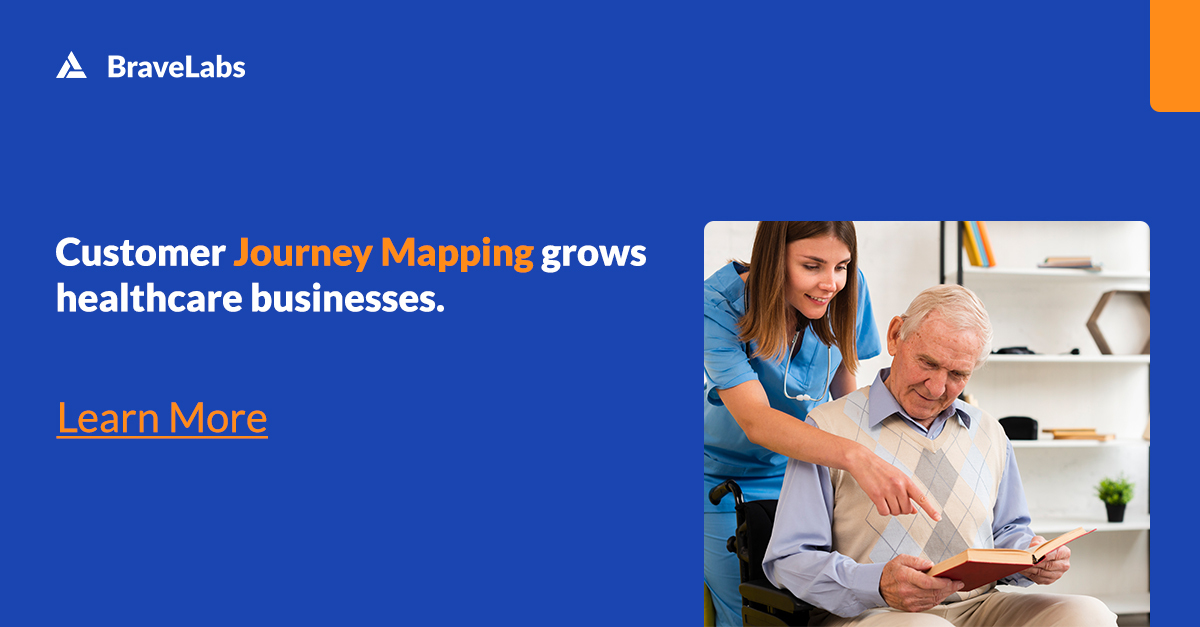Want to improve patient volumes? Market to the millennials
Millennials are important for healthcare businesses because they are a growing, powerful demographic that represents a significant portion of the overall population and is very active online. They are also highly educated—and will continue to be so for some time—which means they can be tapped into as potential sources of information that could help your business grow.
Introduction
The millennial generation is a
key demographic for healthcare businesses, with their dominating presence in
the U.S. and other countries around the world. This group of consumers often
demands information about their treatment ahead of time and expects a high
level of customer care. The good news is that there are many ways to market to
millennials without making them feel like you’re just trying to take advantage
of them.
What is the importance of patient volumes?
Patient volumes are a critical
part of any business. They help determine what kind of equipment you need to
purchase, as well as how many employees you need to hire in order to handle
them. They also affect your insurance premiums and what kind of facility you
need in order to serve patients.
Patient volume is the number
of patients seen by a healthcare provider within a given time period. It is an
important metric to track, as it can help you understand how your practice’s
performance compares to other practices in your region or country.
Become social media savvy
Become social media savvy.
Social media is a great way to reach younger people, who may not be familiar with
your brand or services but are still open to being exposed to new things. It’s
also an excellent place for you to communicate with patients about upcoming
appointments and other important information such as how long they should
expect your wait time to be before seeing a doctor or nurse practitioner.
Share news and updates on
social media platforms such as Facebook, Instagram, Twitter, etc., so that
patients know what’s going on in the office at all times.
Build a website that speaks to the younger generation
Millennials are the most
likely age group to use mobile devices, and they’re also more likely to be
visual learners. They use social media like Facebook and Snapchat, but they
also text message each other on their phones when they want quick answers—and
millennials are seriously into instant messaging services like WhatsApp and
LINE (which is owned by Naver).
If you want your practice
website to speak directly to these people, here are some things that you should
keep in mind.
You can make sure your website
is easy to navigate and mobile-friendly. No one wants to spend time on an
uncooperative website.
Use Pictures and videos.
Millennials love a good picture, so make sure you include some on your site.
Post photos of the staff, patients, and facilities where you practice.
Social media integration. This
means using Facebook Messenger or Instagram Stories in order to engage with
patients after they’ve left their appointment. Share your success stories on
social media. Use social media to share your successes with patients who are
looking for new doctors in their communities.
Hashtags and emojis are also
popular ways of describing things online—so use them!
Provide patient portals
Patient portals are a great
way to communicate with patients, especially if you’re one of the few
businesses in your area that offers them.
A portal is a place where
patients can access all their medical records, order prescriptions, and make
appointments online. They’re also an easy way to keep them informed about
what’s going on with their health. For example: If you have a new procedure
coming up that requires anesthesia or painkillers, posting about it on your
website or app will help people know how much time they’ll need for recovery
before getting back into the world (and when).
Conduct surveys
The next step in your
marketing plan is to conduct surveys. Surveys are a great way to find out what
your patients want and why they’re coming in, as well as how satisfied they are
with the care you provide. You can also use surveys for research purposes, such
as determining which treatment options are most appealing to millennial
patients or determining what kinds of treatments appeal most to certain demographics
(e.g., younger vs older).
Surveys allow you to get
unbiased feedback from customers on their experience at your business; this
allows you not only to see where improvements need made but also helps identify
areas where there may be room for improvement within the current system!
Offer text/email reminders and updates
Text/email reminders and
updates are a great way to communicate with patients. Texting is a popular way
to communicate with millennials because it’s quick, easy, and convenient.
Emailing is another popular
way of communicating with millennials because it offers more control over the
message (e.g., how much information should be included) and allows you to take
advantage of the informal tone that text messages can sometimes lack.
Offering more payment options
The most important thing to
remember is that you should offer your patients payment options that are
convenient for them. This means allowing them to pay online, over the phone, or
at the office. Your goal should be to make it as easy as possible for a patient
to pay their bill so they don’t need to think about it again when they are
ready to leave.
You may want your patients’
payment options to include credit cards and debit cards so they can choose how
much money they want out of pocket each month (and not just rely on checks).
You could also consider offering health savings accounts instead since this
method allows patients who qualify for subsidies on their insurance plan to
access those funds first before paying anything else (including medical bills).
Leverage patient reviews
Patient reviews are one of the
most powerful tools available to healthcare businesses. At their core, they’re
a way for patients to share their experiences with you and other healthcare
providers. But they can also be used as an opportunity for you to learn more
about your patient’s needs, preferences, and concerns—and then communicate that
information back out into the world through marketing channels like social
media or email marketing campaigns (which we’ll talk about in a minute).
In order to leverage patient
reviews effectively, you should be sure that your business has an established
presence on sites like Yelp or Google Local so that when someone searches for
“best dentist” or “doctors near me,” your business comes up as one of their top
results. You should also make sure that when people leave reviews online about
how satisfied they were with their experience at your office—whether positive
ones saying things like “this place is great!” or negative ones complaining
about long waits—you respond quickly by thanking them personally via email;
this shows appreciation while also helping build trust between yourself and
current customers who may not have yet returned but could consider doing so if
given reason enough!
Conclusion
By focusing on marketing to
millennials, your healthcare business will improve in volume and efficiency.
The healthcare industry is a growing one, and it’s important for your business
to keep up with changing trends. Millennials are a strong force in this market,
and by offering them what they want, you will improve your chances of success.
BraveLabs can help practitioners and
hospitals increase patient volumes at their
facilities. Contact us today to use our healthcare marketing
services to market to the growing millennial
population.

.jpg)


Comments
Post a Comment